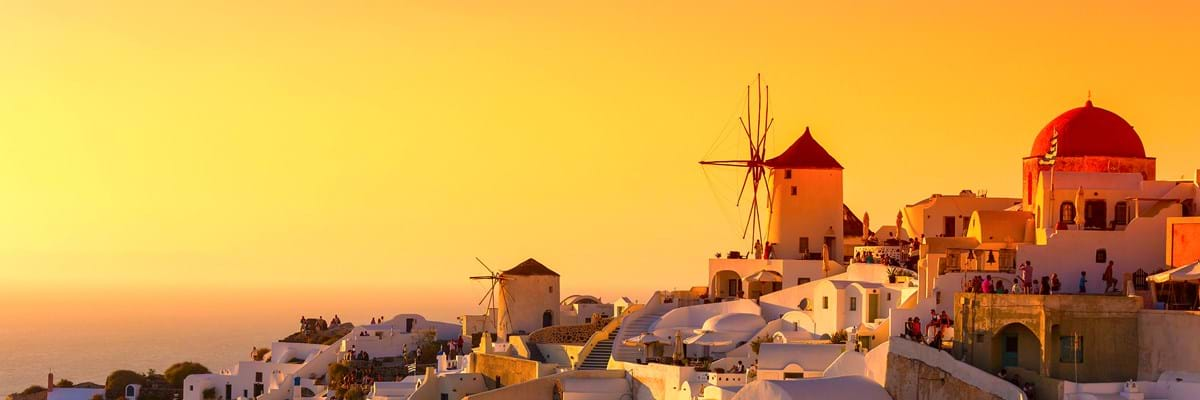At Olympic Holidays we know many of our holidaymakers have a real passion for discovering more about the world’s most exceptional destinations and there are many UNESCO World Heritage Sites within a stone’s throw of our hotels and resorts.
As you bask on your sandy beach, wondering at the beauty of the glistening sea, you might reflect that thousands of people, over thousands of years, have gazed at the same scene – and not always with such peace of mind.

The astonishing wealth of Mediterranean heritage extends far beyond the myths and legends of gods and monsters, and there are so many places to feel a direct connection to cultural and religious history, as well as conflict between great civilisations.
Some of these places are so significant that they have been declared World Heritage Sites by UNESCO, the United Nations agency for education, science and culture.
Acropolis
Perhaps the best known in Greece is the Acropolis, historic ruins on a rocky hill overlooking Athens, topped by the distinctive columns of the Parthenon, a temple of the goddess Athena. You’ll need to buy tickets, which can be done in advance, and multiple tickets covering other heritage sites in the city can help to beat the queues.

Olympia
Sports enthusiasts staying near the Peloponnese will surely want to see Olympia, home of the original Olympic Games in 776 BC, where remains of the earliest construction survive. A museum nearby charts the site’s history.

Mount Athos and Delphi
Near Halkidiki are the UNESCO-recognised Orthodox monasteries of Mount Athos – take a boat excursion as access is limited and women are excluded – and further inland is Delphi, on Mount Parnassus, legendary base for the prophesies of the wise oracle.

Palace of the Grand Master
Among the islands, the heritage of Rhodes has earned its main old town a listing from UNESCO – visit the Palace of the Grand Master, amid imposing statues and intricate mosaics, and you’ll see why.
A magnificent, 14th-century fortress overlooks the town, which is also believed to be the site of the Colossus statue, one of the seven Wonders of the Ancient World. If you’re around in late May, don’t miss Rhodes’ carnival-like Medieval Rose Festival.

Corfu Town and Delos
The streets of Corfu Town have beautiful, listed buildings and three great Venetian forts, while the now uninhabited isle of Delos has significant remains including a great port, a vast theatre, mosaic floors, and the Sanctuary of Apollo – but there is a four-hour time limit on visits.

Cyprus
On Cyprus, 10 churches in the Troodos region are honoured by UNESCO for lavish murals and Byzantine architecture, the town of Paphos has stunning mosaics and the Tomb of the Kings, and the hill settlement of Choirokoitia, in the district of Larnaca, dates from the Neolithic period.
Turkey
We’ve all learned of the cunning Greek army’s defeat of the Trojans by hiding inside a giant wooden horse, but the ruined city of Troy is in modern Turkey – if you’re visiting, it’s worth arranging a guided tour to get the best of the experience.

Further south along Turkey’s coast are Letoon and Xanthos, listed by UNESCO as “a remarkable archaeological complex” of the Lycian civilisation, while Ephesus, in the Izmir region, was home to the ruined Temple of Artemis, another Wonder of the World, and Istanbul has heritage gems like the Topkapi Palace.
Malta
On Malta, the UNESCO-listed megalithic temples are among the most ancient religious sites on earth. The Mediterranean island also has a wealth of prehistoric structures, Roman catacombs and medieval towns which can be discovered while walking in the footsteps of the Knights of St John. Want more history? The port of Valletta is also a masterpiece of baroque architecture.




